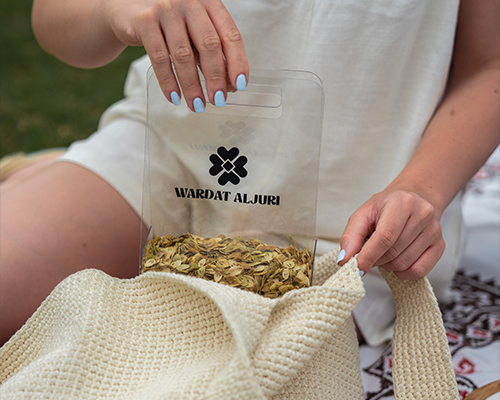Sumac, with the scientific name Rhus coriaria, is a plant belonging to the Anacardiaceae family. Sumac is widely grown in the Mediterranean regions, the Middle East, and parts of North Africa. It is well known for its bright red berries and tart, tangy flavor, which is commonly used as a spice in cooking. Sumac is typically sold in powdered form and added to dishes like kebabs, salads, and meat-based meals to provide a mild, sour taste that enhances the flavor.
In traditional medicine, sumac is valued for its anti-inflammatory, antibacterial, and antioxidant properties. It contains high levels of polyphenols and flavonoids, which contribute to cardiovascular health, reduce inflammation, and improve digestive function. Sumac has also been used to treat digestive issues and bacterial infections.
Sumac has applications in various industries. In the food industry, it is a popular spice, particularly in Mediterranean and Middle Eastern cuisine. In the pharmaceutical industry, sumac is used in dietary supplements and herbal remedies aimed at boosting the immune system and reducing inflammation. Additionally, in the textile industry, sumac has been used as a natural dye source for coloring fabrics.
Sumac is native to Mediterranean and Middle Eastern regions and is widely cultivated in these areas. Today, sumac is considered a valuable spice and medicinal ingredient with important culinary and industrial uses.





